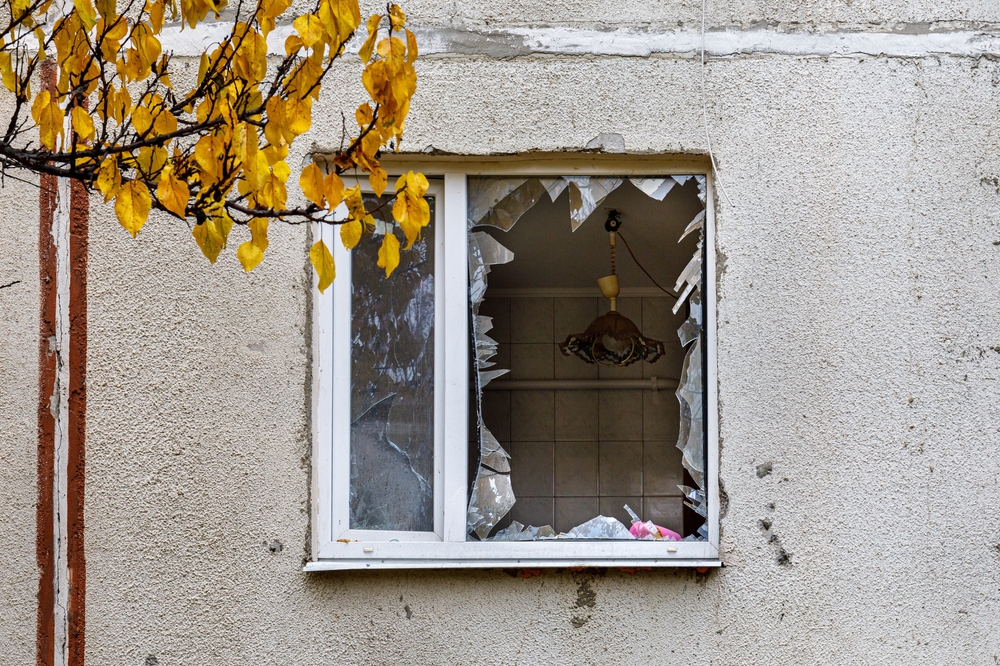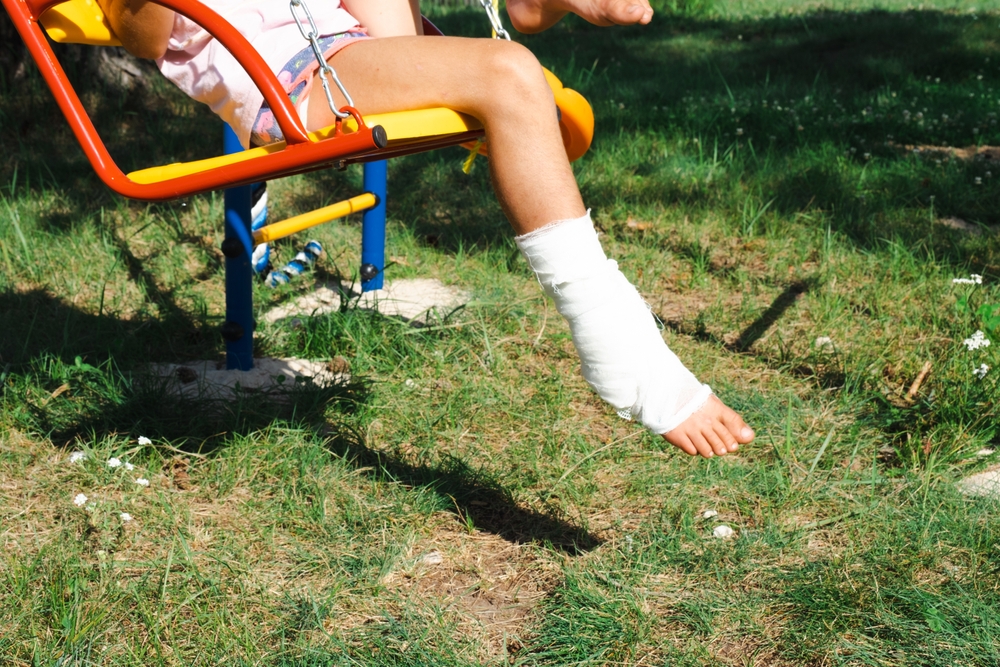By now, you’re probably used to almost everyone trying to sell you something. Whether by phone, email, or old-school door-to-door knocking — those Girl Scout cookies are literally right around the corner — it seems there’s always a product getting pitched to you, and homeowners insurance isn’t any different. But what exactly is homeowners insurance, and do you need it? More often than not, we’re pressured into purchasing things we don’t really need or want, and right now, we can’t afford idle purchases.
We’ll give you a basic overview of homeowners insurance and then explain why you might consider purchasing it — especially if you’re a first-time home buyer.
The Basics
Think of homeowners insurance as a health insurance policy for your home. It’s a way to avail yourself of financial protection if your home is affected by a disaster or accident — similar to how you can subsidize medical bills when you get sick. It can cover damages not just to your property, but also to your personal belongings and other assets in your home at the time of the accident.
Homeowners insurance can also cover your living expenses if you have to stay somewhere else while it’s uninhabitable due to an insured disaster. It’s an excellent way, for example, to defray hotel costs if your home is affected by a wildfire and you must stay somewhere else.
As with most service plans, you can add extra protection at an additional cost. Homeowners insurance is typically not required by law, but your bank will likely require it as part of your mortgage. It’s also just a good idea to have it due to the high costs associated with most home repairs.
What Homeowners Insurance Covers
Different insurance policies will cover various damages, but a standard homeowner’s insurance policy will offer four main types of coverage: dwelling, other structures, personal property, and liability.
Dwelling
Homeowners insurance protects your physical home from a wide range of damages. Your policy will pay to repair or even rebuild your home if it’s affected by an insured event, which typically includes fires, lightning strikes, strong winds, hail, fallen trees, and other similar incidents, as well as vandalism and theft. The specific events covered can vary from provider to provider, so it’s vital to read the fine print and ask exactly which events are covered by a particular policy.
If your home becomes inhospitable by an insured disaster, your homeowner’s insurance will pay for “additional living expenses” (ALE), which refers to the cost of living away from home while it’s being repaired or rebuilt. It can cover hotel stays, meals, and other costs above your usual living expenses. They’re extremely helpful, but these benefits have monetary and time limits. ALE limits are separate from the financial aid available to repair or rebuild your home, however, so you don’t necessarily have to choose between fixing your caved-in roof and staying at a hotel for a few days.
Other Structures
Homeowners insurance typically extends to structures detached from your home. Let’s say you have a shed on your property and it gets struck by lightning. Your homeowner’s insurance policy should cover it. Other outbuildings and structures covered include detached garages, barns, outdoor grills and fireplaces, and fences and swing sets. These structures enjoy the same benefits and protections your home receives, so your insurance should pick up the tab if, for instance, your fence is vandalized by graffiti.
Your insurance can also cover swimming pools and other recreational equipment on your property. That coverage will require you to purchase an add-on to your policy, however, especially since some structures can expose you to greater liability.
Personal Property

Many people know homeowners insurance covers the physical structure of their home, but some don’t realize it also covers personal belongings inside the house. If there’s a break-in, for example, your policy should cover the cost of not only repairs for broken windows and picked locks, but also any stolen belongings, such as laptops, TVs, jewelry, and other precious items. Money can’t replace family heirlooms and other priceless items of sentimental value, but receiving some compensation is better than none.
Taking inventory of what you own and keeping records of receipts and purchase prices before you suffer the loss of personal property can expedite filing a claim. Your policy will likely limit the category and amount of items you can insure, but you can elect to have higher limits and greater coverage at an additional cost.
|
Did You Know: Trees and shrubs are insurable. If someone in the family is into gardening, you can protect the fruits of their labor (pun intended) as long as the trees and plants are well-maintained. |
Liability

Another little secret about homeowners insurance is that it can cover liability costs incurred from being a party to an accident. If your driveway is icy and a guest slips and falls, your homeowners insurance policy may pay their medical bills. If your home is rife with liabilities that can endanger others, consider purchasing an insurance policy — but remember that it only applies to people who are not registered residents of your home.
Your homeowners insurance can also provide coverage away from home. You and other covered household residents can be insulated from personal injury and property damages for which you would be legally responsible, even if you accidentally injure someone away from your home. Let’s say your son is skateboarding at a park and injures another kid. Typically you could be looking at a scary lawsuit with hefty penalties, but your homeowners insurance should cover some of the damages. Car accidents, however, aren’t usually covered. For that, you’ll need car insurance.
What Homeowners Insurance Doesn’t Cover
Now that you know what standard homeowners insurance policies cover, it’s time to talk about what they don’t cover. The last thing you want is to be caught off guard in your moment of need and have to front costs you didn’t expect to pay.
Earthquakes, sinkholes, and even some water-related damages aren’t typically covered by standard homeowners insurance policies. Protection from those disasters has to be purchased separately as additional coverage, and some states impose additional restrictions. Flood insurance, for example, is sold separately, and it can be acquired only through the government-run National Flood Insurance Program.
Damages produced by neglect and normal wear and tear also are normally excluded from insurance benefits. Your policy likely will not cover issues such as mold, rust, and termite infestations.
Replacement Cost vs. Actual Cash Value Policies
Another important aspect to keep in mind as you explore homeowners insurance is the different types of policies available. There are two main types: replacement cost and actual cash value.
As the name implies, a replacement-cost policy will cover replacing or fixing insured damages to your home at the current market price. An actual-cash-value policy considers factors such as wear and tear and age, which can leave you with reduced benefits.
Let’s say your 20-year-old porch gets destroyed during a storm. A replacement-cost policy will simply rebuild your porch at today’s cost, including labor and materials. An actual-cash-value policy, on the other hand, will deduct 20 years of depreciation from the payout. Replacement-cost policies are the better option, but they also tend to be pricier. Both offer different advantages suitable to different needs that you should consider as you make your choice.


